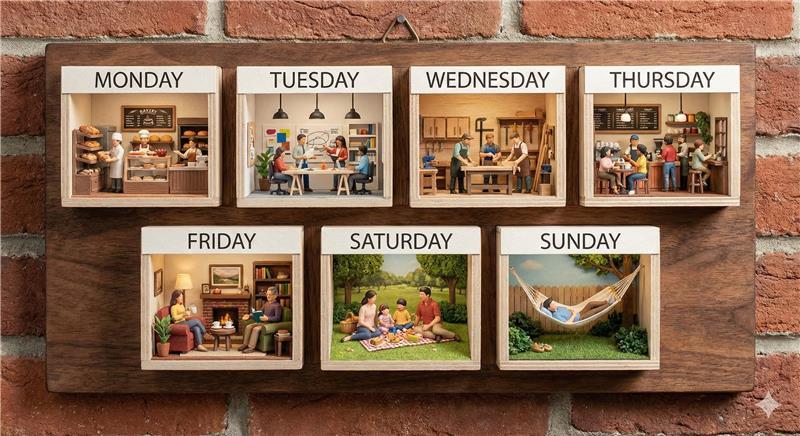How to Know If a Four-Day Workweek Is Right for Your Business
The four-day workweek has become one of the most talked-about workplace shifts of the last decade. Large corporations are experimenting with it....
3 min read
.png) The Kaizen Team
· August 09, 2023
The Kaizen Team
· August 09, 2023

Small business accounting mistakes happen, but they happen more often when you don’t have an accountant. Those mistakes are often why we’re coming in to help someone figure out their books. The good news? Most of these mistakes are fixable – or even better, avoidable! Don’t make the same mistakes, use this knowledge and make sure that you’re making 2023 another great year for you AND your business.
This one is a simple concept, but a little hard to explain, so try and follow. If your sales and expenses are on two different timelines, then your P&L isn’t going to show you your correct profit. For example, let’s say you make a sale of a widget. You paid for that widget three months ago, but it didn’t ring up the sale until today. That means the cost hit your P&L three months ago, and your revenue is hitting the current month, meaning your profitability for the month will look wrong (with some months way in the red, while others are wildly profitable).
You have to consider the timing of your expenses and your income when you’re creating accounting processes. Your purchase-to-sale cycle might last longer in a month. If it looks like a wave pattern – you’re doing it wrong. The consequence? Well, you’re not really going to be able to make decisions based on your financial statements. That’s totally losing the thread of why you’d have a financial statement in the first place, which is to help you learn about how your business ACTUALLY works so you can plan and grow.
When you’re creating a financial statement you’ll want to track all your expenses – but there are some that require more detail than others. Wages is a big one that might need a little more attention than you’re currently giving it. Say you’re a restaurant: you want to know wages for front of house, back of house, paying yourself as owner, etc. You want to know how much it’s costing you to cook the food, how much it is to serve the food, and what the wage percentages are, so you can make your staffing decisions based on real, accurate data.
You should organize your wages by job type, creating benchmarks so that you can see how wages relate to sales from month to month. This will allow you to pair those numbers to “real-world” stuff so that you can make staffing decisions based on numbers – not on how it seems or feels.
As a small business owner, it’s easy to fall behind on paperwork. Invoices, transactions, and the like. That said, if you’re missing transactions, you can’t be sure where the money is going. It takes a concerted effort to make sure that your receivable ledger is clean. That’s a big deal. We had one client recently tell us that their business made a huge quarterly bump in earnings because they hired a dedicated person to reconcile their customer invoices that have been missed. While that sounds nice in hindsight, some of those missed invoices were over a year old, which is not only terrible for tax planning purposes, but they're probably near impossible to collect on.
Additionally, you might send out past due invoices and upset your clients. While you’re not wrong for doing it, if that happens out of the blue after months and months without contact, it could make them feel defensive and caught off guard.
Having a consistent and predictable billing system will simplify your life (and your customers’ lives) SO MUCH.

Look, you can solve all these problems on your own. But do you actually want to? It takes real work and dedication to create those systems, let alone follow them every month. That’s why we recommend talking to a CPA. It can help to have a knowing third party to look over your shoulder and make sure you’re reporting on what you need to.
That’s a big reason why the Kaizen onboarding process is as rigorous as it is. We’ll help you build the optimum system AND create reporting processes that make it easier for you to keep up. You’ll have the knowledge to understand how these pieces of your business fit together and become a growth machine.
Ready to get started?

The four-day workweek has become one of the most talked-about workplace shifts of the last decade. Large corporations are experimenting with it....

We've all seen the headlines. Another major company announces that everyone needs to be back at their desk. No exceptions. And if you're running a...

If you work with a payroll provider for your small business, payroll typically runs on a set schedule with very little day-to-day involvement from...